
Editorial | Dec 07,2024
Feb 8 , 2020
By GELILA SAMUEL ( FORTUNE STAFF WRITER
)
Excise tax bill excluded telecommunications from the taxable items list
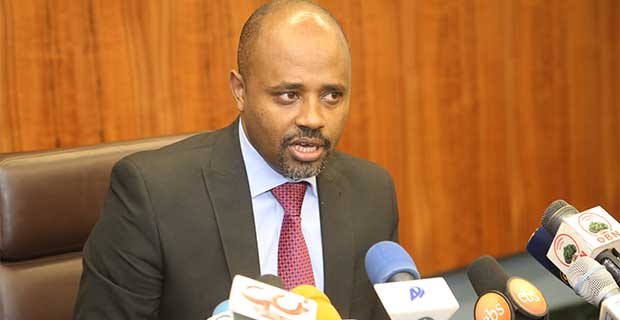 Eyob Tekalign (PhD), state minister for Finance.
Eyob Tekalign (PhD), state minister for Finance. The parliament is due to meet this week to approve the controversial excise tax bill, which recently excluded telecommunications from the taxable items list.
The Revenue, Budget & Finance Standing Committee has finalised the consultative meetings and public hearing on the bill that resulted in a number of changes from the initial bill.
Last week, the five percent excise tax on telecommunication service was waived. The 15pc excise tax on bottled water and the 35pc tax on cars with below 1,300cc engine capacities were lowered to 10pc and five percent, respectively.
Excise tax on the telecommunication service was removed after the standing committee summoned the Ministry of Finance with the telecom executives for a discussion on February 4, 2020. Following the meeting, the three parties agreed to waive the proposed taxation on telecom services. The Ministry has already amended the bill and proffered it to the standing committee for an endorsement.
During the discourse, the Ministry officials stated that the intention of the proposed excise tax was increasing revenues, according to Lemlem Hadgu, chairperson of Revenue, Budget & Finance Standing Committee of the parliament.
While drafting the excise tax law, the Ministry has considered imposing five percent or 10pc excise tax on telecom service with the main aim of generating either 1.5 billion Br or 3.1 billion Br in revenue, respectively. This translates to a contribution of 0.08pc for the five percent option and 0.17pc for the 10pc option to the excise-to-GDP ratio.
Currently, the excise tax contribution to GDP stands at 0.7pc, and the bill targets to double this figure to 1.4pc.
"However, we've reached a consensus on how the tax will affect the coverage of telecom services and mobile users, which will, in turn, affect the revenue of the government," said Lemlem.
Currently, there are close to 45.6 million total telecom subscribers. Mobile voice subscribers, data and internet users and fixed service users total 44 million, 22.7 million and one million, respectively.
In the first half of the current fiscal year, Ethio telecom registered 22 billion Br of revenue and paid two billion Birr to the government in the form of dividends.
Unlike most Sub-Saharan countries, Ethiopia imposes excise taxes only on goods. Services are not covered by excise tax. Telecommunication services are taxable in many nearby African countries, including Kenya, Rwanda, Tanzania and Uganda.
The bill was supposed to be tabled to the parliamentarians for legislation on February 6, 2020, however, due to the tight schedule, it was not tabled, according to Lemlem.
"It'll hopefully be tabled this week," Lemlem said.
The proposed move of the government would have affected the tariff levied on the services, according to Yihunew Wondie (PhD), assistant lecturer in communications engineering at Addis Abeba University.
"The current tariff on telecom services is already on the high-end compared to other countries," said Yihunew.
It is apparent that the sector is a target for taxation owing to the fact that it is widely used, making it easier to collect revenue from the service, according to Tadesse Lencho (PhD), assistant professor at Addis Abeba University's School of Law & Governance.
"The people are already paying the price of the monopoly tax for the services," said Tadesse, "and the government is benefiting from it."
"The argument that the government will increase the price is not just, because you increase prices when you cannot afford to sell for less, but the government can afford to sell the services for less," Tadesse added.
It is evident that the tax will be enforced in the future when there is reasonable market competition in the sector, according to Tadesse.
At the same meeting, the standing committee members asked for a clarification on the five percent excise tax on cars below the 1300cc engine threshold. They questioned the fairness of how already assembled imported cars are treated equally with the completely knocked-down (CKD) and semi knocked-down (SKD) cars to be assembled by the domestic industry.
The Ministry explained the rationale by stating that complete and semi knocked-down cars are already exempted from any customs duty and surtax to encourage local assemblers.
PUBLISHED ON
Feb 08,2020 [ VOL
20 , NO
1032]

Editorial | Dec 07,2024

Radar | Jan 18,2020

Commentaries | Sep 14,2019
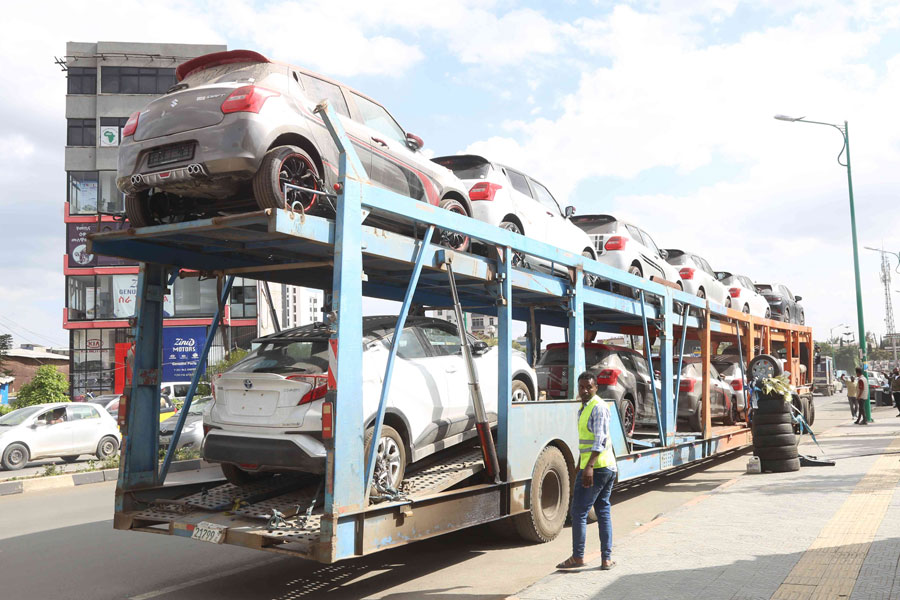
Fortune News | Feb 04,2023
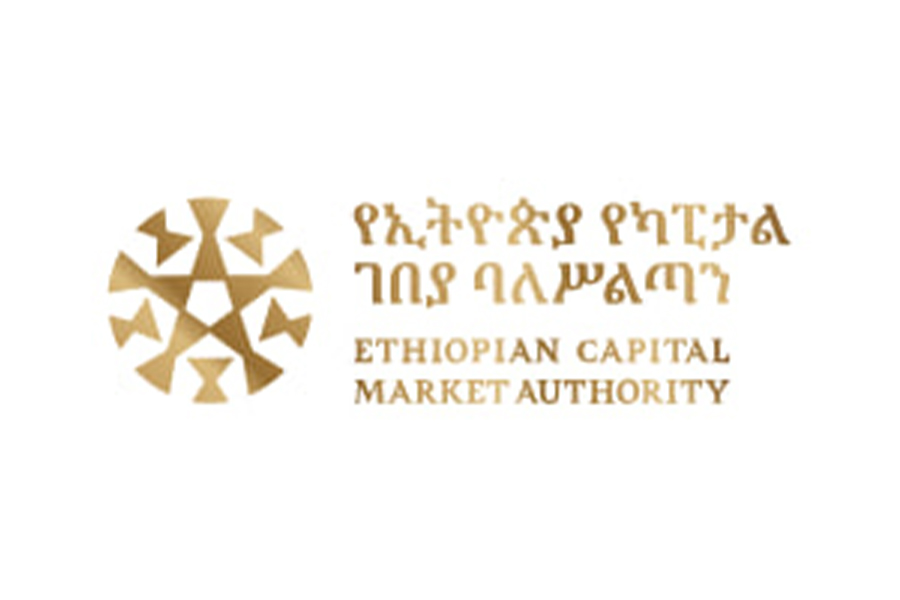
Fortune News | Oct 06,2024
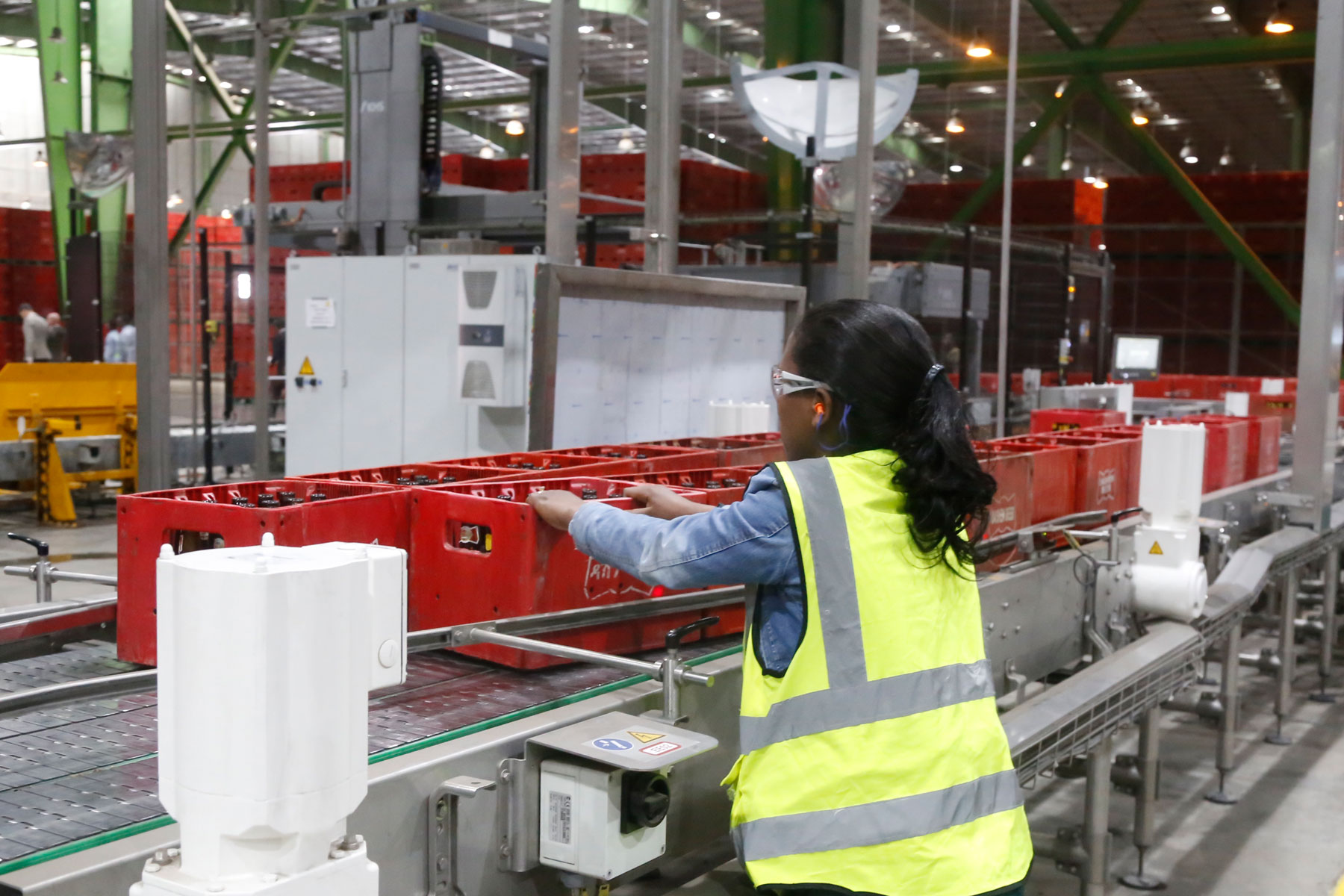
Fortune News | Apr 13,2024
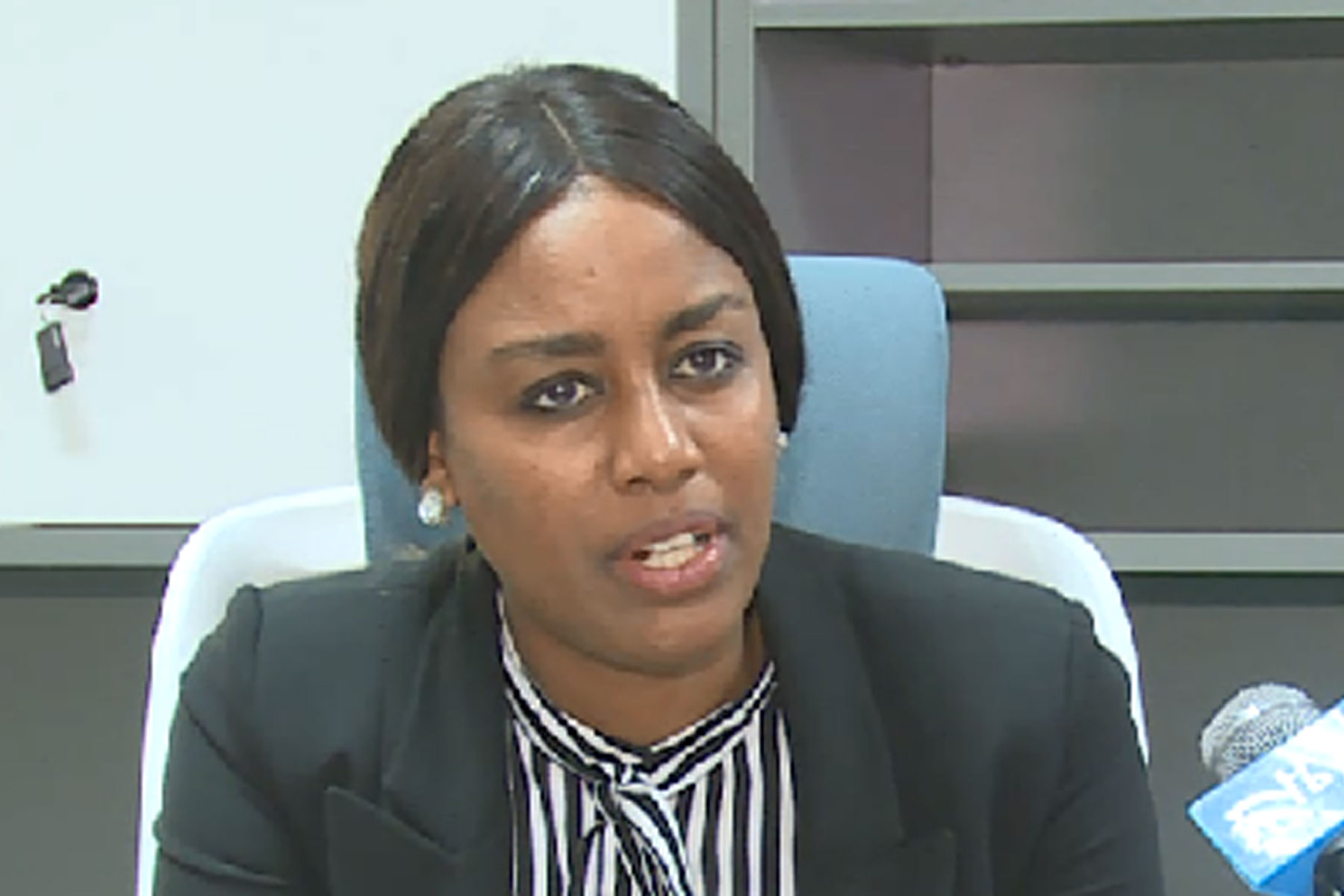
Fortune News | Apr 28,2024

Viewpoints | Apr 26,2025

Fortune News | Nov 02,2025

Radar | Jul 06,2025

Dec 22 , 2024 . By TIZITA SHEWAFERAW
Charged with transforming colossal state-owned enterprises into modern and competitiv...

Aug 18 , 2024 . By AKSAH ITALO
Although predictable Yonas Zerihun's job in the ride-hailing service is not immune to...

Jul 28 , 2024 . By TIZITA SHEWAFERAW
Unhabitual, perhaps too many, Samuel Gebreyohannes, 38, used to occasionally enjoy a couple of beers at breakfast. However, he recently swit...

Jul 13 , 2024 . By AKSAH ITALO
Investors who rely on tractors, trucks, and field vehicles for commuting, transporting commodities, and f...

Nov 1 , 2025
The National Bank of Ethiopia (NBE) issued a statement two weeks ago that appeared to...

Oct 25 , 2025
The regulatory machinery is on overdrive. In only two years, no fewer than 35 new pro...

Oct 18 , 2025
The political establishment, notably the ruling party and its top brass, has become p...

Oct 11 , 2025
Ladislas Farago, a roving Associated Press (AP) correspondent, arrived in Ethiopia in...